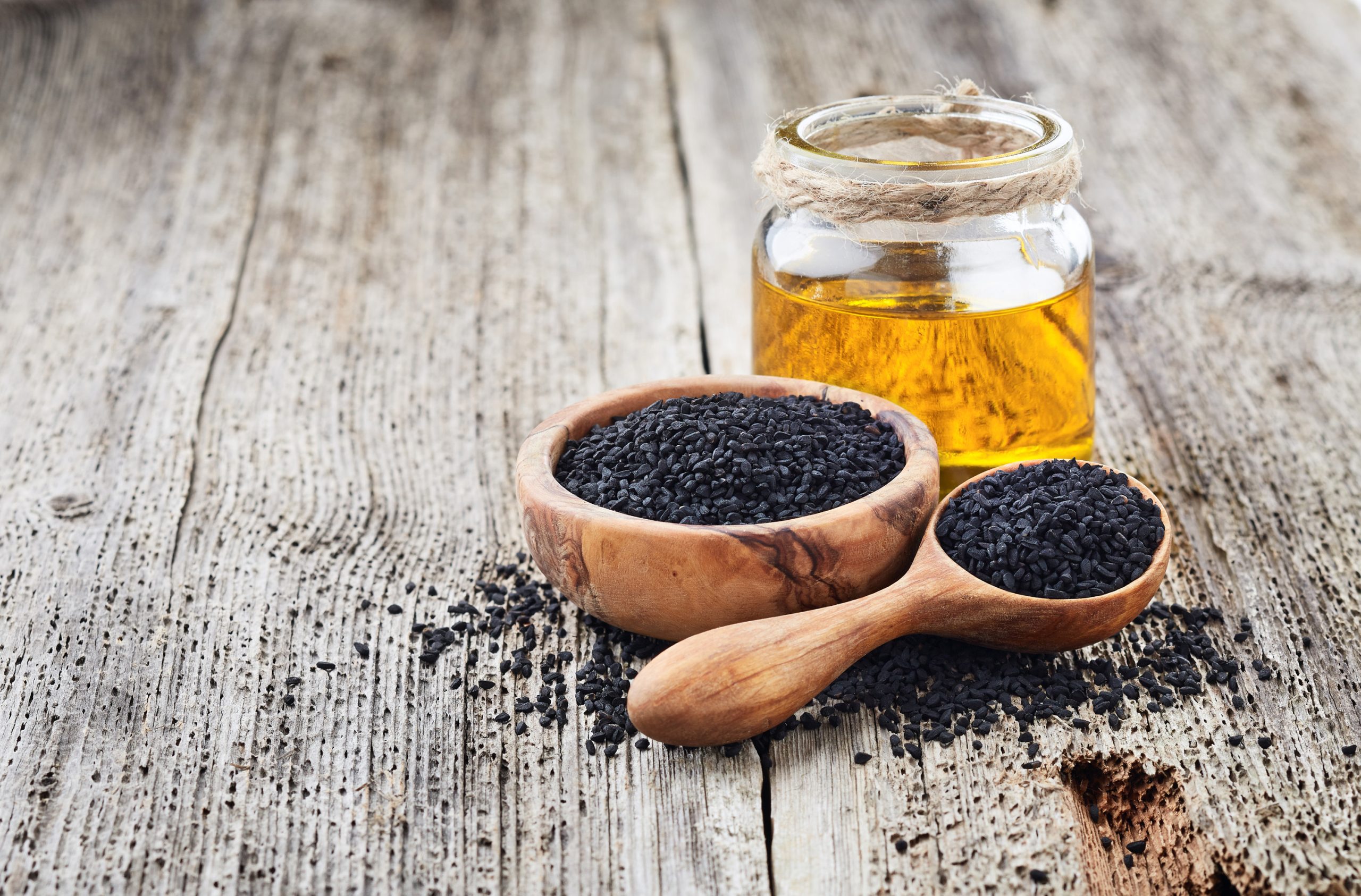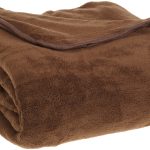Ithmid Kohl (also known as Surma & Kajal) has been used in the Arabian Peninsula and North Africa for thousands of years for both cosmetic beauty and health. It is said to improve eye sight and ward off bad things from entering the eyes.
According to the ulama applying kohl is sunnah and helps with vision. However, using kohl that is not made from ithmid will not provide the benefit.
Benefits
Whenever the prophet Sly llh lyh wslm recommends something he makes it clear that it has a number of benefits that make it special and unique. Ithmid Kohl is no different as it carries health and beauty benefits to the eyes. It also makes the eyelashes and eyebrows grow thicker.
It strengthens the nerves of the eye and is a cure all for ocular diseases. It also provides nourishment to the lashes. This is why it is also known as surma in many cultures.
It is recommended to splash the stick of kohl with water, then wipe it dry with a tissue to moisten the surface and help it adhere to the applicator wand. This also helps the kohl stay for longer. It has been narrated by Ibn ‘Abbaas (may Allah be pleased with him) that the Messenger of Allah (blessings and peace be upon him) used to apply ithmid kohl three times a night. The hadeeth is classed as saheeh by al-Albaani.
Precautions
Kohl is a finely crushed metallic-stone which has been used as an eye cosmetic & medicine since ancient times. The Prophet sallallahu alayhi wa sallam was seen to apply it around his eyes and this sunnah has been reported many times in saheeh sources. Its believed to strengthen the eye and act as a cure for many eye diseases.
It is important to note that kohl should only be applied above and below the eyelashes. If it is applied to the waterline of the eyes then the particles could scratch and irritate the cornea. The black type of kohl is often referred to as Galena and the red/burgundy ithmid is sometimes referred to as iron oxide, however these names are not accurate. The exact chemical make-up of any rock is massively influenced by its environment and can vary, even within the same family of rocks.
Furthermore not all Galena and iron oxide rocks are suitable to be used as ithmid as some may contain toxic elements such as lead, cadmium, and other metals which are prohibited for use in Europe. This is why we only source kohl from trusted suppliers who can guarantee that their product is safe to use.
Ingredients
Kohl is made from a variety of ingredients, the most commonly used being ground up ‘galena’ (lead sulfide) or stibnite (antimony sulfide). The powder is usually mixed with other elements like plant oils, ghee or soot from various nuts, seeds and gum resins. The result is a black powder which has natural and medicinal properties for the eyes.
In the early days of Islam, men and women in Arabia wore kohl as protection against the desert sun and its harsh rays. It was also believed that kohl had healing and medicinal properties for the eye.
The Prophet sallallahu alihi wa sallam praised kohl and commanded its use. It protects the health of the eyes, promotes eye strength and beauty, and helps lashes to grow naturally. It is also known to treat baldness and prevent alopecia. It is a sunnah for both men and women. The application of kohl is simple: It is applied on the waterline or above and under the eyes, using a kohl stick.
Application
Kohl is a traditional type of eyeliner. It is also known as kuhl, kohhel, kajal or surma. It is used to line the eyelids, and it has a number of beneficial effects on the eyes such as making them look bigger, helping with vision problems, and promoting eye health and lash growth.
It is applied by dragging the end of the Kohl stick along the waterline, and/or above and below the eyelashes. It is recommended to apply it 3 times.
The kohl stick is usually a small stick with a sharp pointed tip on one end and a rounded bulbously on the other end (think miniature pool stick). It is often stored in a metal kohl container called a Makhalah, but it can also be stored in a regular makeup case.
The Prophet (sallallahu alaihi wa sallam) himself used it and ordered his Companions to use it. It is a sunnah which is very important to practice. It has been rated saheeh by al-Albaani in Saheeh at-Tirmidhi.


